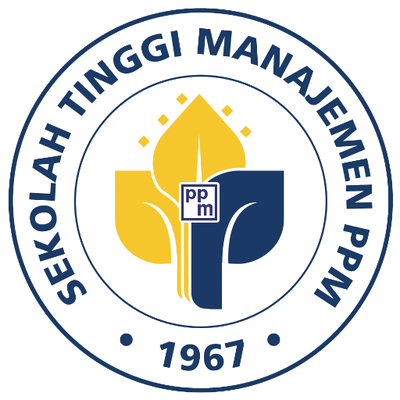Baznas Micro-Crowdfunding: Risk Management-Based Organizational Design on the Transformation of Baznas Micro Zakat Bank
Abstract
Keywords
Full Text:
PDFReferences
Al-Rahahleh, N. B. (2019). Developments in risk management in Islamic finance: a review. Journal of Risk and Financial Management, 12(1), 37.
Aziz, N. (2023). Strategi dan Alternatif Pengembangan Model Microfinance BAZNAS untuk Akselerasi Penanggulangan Kemiskinan. Jakarta: Divisi Bank Zakat BAZNAS.
Gargani, J. (2017). The leap from ROI to SROI: Farther than expected? Evaluation and program planning, 64, 116-126.
Ghazieh, L., & Chebana, N. (2021). The effectiveness of risk management system and firm performance in the European context. Journal of Economics, Finance and Administrative Science, 26(52), 182-196.
Hastono, D. W., & Ratnasari, M. (2020). Social return on investment (SROI) for civil society organization (CSO) in Indonesia (a case study of rumah dongeng pelangi). Proceedings of the 3rd Asia Pacific Management Research Conference (APMRC 2019), 202–206.
Hernandez, M. A., & Torero, M. (2014). Parametric versus nonparametric methods in risk scoring: an application to microcredit. Empirical Economics, (46)3, 1057-1079.
Jia, J., & Bradbury, M. E. (2021). Risk management committees and firm performance. Australian Journal of Management, 46(3), 369-388.
Kassim, S. H., & Rahman, M. (2018). Handling default risks in microfinance: the case of Bangladesh. Qualitative Research in Financial Markets, 19(4), 363-380.
Khan, S., & Astha, A. (2014). Managing multi-faceted risks in microfinance operations. Strategic Change, 23(22), 1-6.
Manan, S. K., & Shafiai, M. H. (2015). Risk management of Islamic microfinance (IMF) products by financial institutions in Malaysia. Procedia Economics and Finance, 31(15), 83-90.
Rahman, R. A., & Dean, F. (2013). Challenges and solutions in Islamic microfinance. Humanomics, 29(4), 293-306.
Rahman, R. A., Alsmady, A., Ibrahim, Z., & Muhammad, A. D. (2014). Risk management practices in Islamic. Journal of Applied Business Research (JABR), 30(5), 1295-1304.
Sanusi, A. (2014). Metodologi Penelitian Bisnis. Jakarta: Salemba Empat.
Sugiyono. (2021). Metode Penelitian Kuantitatif, Kualitatif, dan R&D. Bandung: Penerbit Alfabeta Cetakan ke-3.
Tamanni, L. (2019). Portfolio and default risk of Islamic microfinance institutions. Journal of Islamic Finance, 8, 56-75.
Venezia, E., & Pizzutilo, F. (2020). Evaluation tools for transport infrastructures: Social return on investments. European TransportTrasporti Europei (2020).
Wafi, S., & Muhammad, H. (2023). Risk management of Islamic microfinance institutions: unique practices at crucial risks. International Journal of Business Ecosystem & Strategy (2687-2293), 5(3), 42-50.
Wediawati, B., Effendi, N., Herwany, A., & Masyita, D. (2018). Sustainability of Islamic microfinance in Indonesia: a holistic approach. Academy of Strategic Management Journal, 17(3), 1-14.
Wulandari, P., Kassim, S., Sulung, L. A., & Putri, N. I. (2016). Unique aspects of islamic microfinanfinancing process: experience of baitul maal wa tamwil in Indonesia. Humanomics, 3, 1-19.
Yewoh, F. R., & Wiykiynyuy Tangwa, M. (2021). Entrepreneurial Orientation and its Impact on Organizational Performance. Case of Selected Micro Financial Institutions (MFIs) In Yaoundé, Cameroon. Case of Selected Micro Financial Institutions (MFIs) In Yaoundé, Cameroon (October 6, 2021).
DOI: https://doi.org/10.34149/jmbr.v21i2.571
Indexing
JMBR Editorial Office: PPM School of Management, Jl. Menteng Raya 9-19 Jakarta 10340 Phone: 021-2300313 ext 2354

License
JMBR is using CC BY License
This work is licensed under a Creative Commons Attribution 4.0 International License.


















